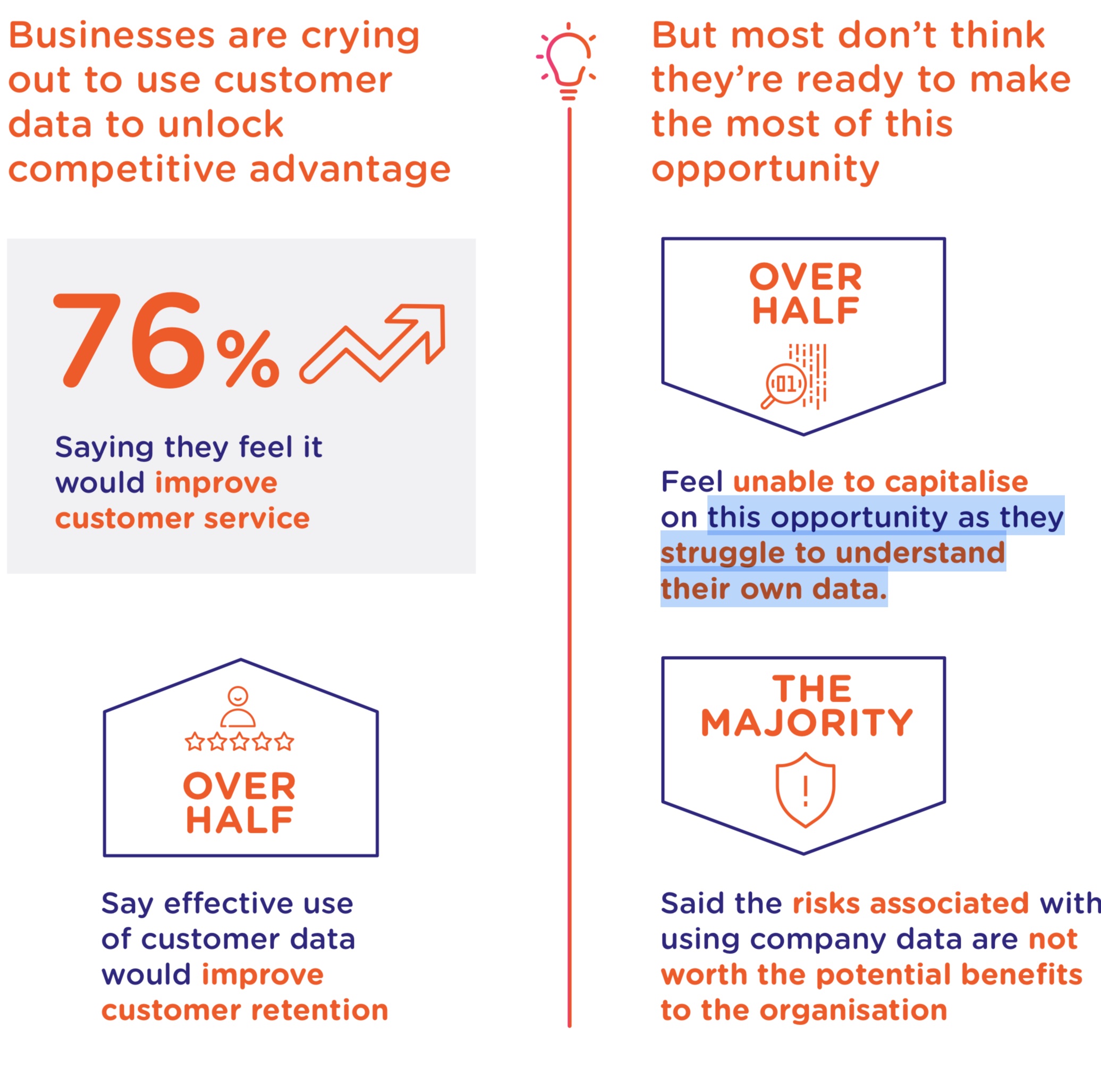U.S. consumers believe technological advancements pose a risk to their data privacy and feel it’s the responsibility of organizations to make the purpose of data use clear, according to a study by Privitar (www.privitar.com), which provides data-privacy software to companies and public sector organizations.
Privitar commissioned Edelman Intelligence to survey 2,000 consumers in the UK and U.S., and 1000 consumers in France (total 5000 respondents). The respondents were aged over 18 and representative of gender, age region and income. Edelman Intelligence also surveyed 500 business respondents in each of the three markets (total 1,500 respondents). The respondents all have an influence in decisions about their organisation’s data management, from departments such as IT, data analytics, data management and security. The respondents also reflected a spread across 6 industry sectors: banking and financial services, telecoms, healthcare, civil and social services and local government, retail and utilities.
The research found that the majority of U.S. consumers not only have a punitive mindset when it comes to data breaches but are also prepared to take decisive action where organizations mishandle data, stating that they would stop using a brand if they did not protect their data.
“What we’re seeing is a real backlash against the data revolution. Our extensive study has shown that most consumers in the UK, U.S., and France have real fears around the use of their data and will stop engaging with organizations they do not trust,” says Privitar CEO Jason du Preez. “The research also points to a lack of privacy literacy amongst consumers, leading to a breakdown of communication and trust.”
In the U.S., the research shows a contradiction between the fears of consumers and the confidence of business. More pronounced than British and French consumers, 70% of U.S. consumers are concerned about the ways companies are using their data.
This contrasts starkly with the views of US business, which are more confident than their counterparts in the UK and France. While 68% of French upper level management feel the risks associated with using company data outweigh the potential benefits, only 38% of their US equivalents agree. Similarly, 79% of French businesses say preventing data breaches is a top priority for the next year, whereas only 66% of US businesses agree.
“While we see universal privacy concerns across the UK, U.S., and France, there are clear points of difference. US consumers are distinctly more concerned about how companies use their data,” du Preez adds. “However, US businesses are more comfortable with privacy risk and it is less of a priority compared with French and British businesses. Apple may have made privacy a key selling point of its products but many US organizations are not as progressed. Given public sentiment and, of course, the high profile Cambridge Analytica scandal, it is no surprise that regulatory moves are being made in the U.S.”


